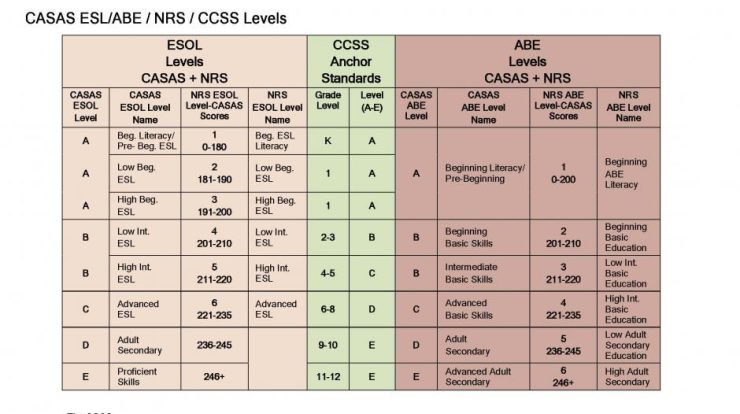Should schools punish students for cyberbullying – Cyberbullying has become a prevalent issue among students, with severe consequences for victims and the school community. This article explores the ethical and legal responsibilities of schools in addressing cyberbullying and examines the potential benefits and drawbacks of punishing students for this behavior.
Cyberbullying and Its Impact

Cyberbullying refers to the use of electronic devices to bully or harass someone. It can take many forms, including sending hurtful or threatening messages, posting embarrassing photos or videos, or spreading rumors online. Cyberbullying can have a devastating impact on victims, leading to depression, anxiety, and even suicide.
It can also damage the school climate, creating a hostile and unwelcoming environment for all students.
Prevalence and Severity of Cyberbullying
Cyberbullying is a growing problem among students. A recent study found that nearly half of all teens have been bullied online. Cyberbullying is particularly common among girls and LGBTQ+ youth. The consequences of cyberbullying can be severe. Victims may experience emotional distress, academic problems, and physical health issues.
In some cases, cyberbullying can even lead to suicide.
School’s Role in Addressing Cyberbullying
Schools have a legal and ethical responsibility to prevent and respond to cyberbullying. Schools can take a variety of approaches to address cyberbullying, including education, prevention programs, and disciplinary measures. It is important for schools to collaborate with parents and law enforcement to create a comprehensive approach to addressing cyberbullying.
Punishment for Cyberbullying
There is a debate about whether or not schools should punish students for cyberbullying. Some people argue that punishment is necessary to deter students from engaging in cyberbullying. Others argue that punishment is not effective and may actually make the problem worse.
Types of Punishment
Schools that choose to punish students for cyberbullying can impose a variety of punishments, such as suspension, expulsion, or community service. The type of punishment that is imposed will depend on the severity of the cyberbullying and the student’s disciplinary history.
Benefits and Drawbacks of Punishment
There are both benefits and drawbacks to punishing students for cyberbullying. Punishment can deter students from engaging in cyberbullying, and it can also send a message that the school takes cyberbullying seriously. However, punishment can also be counterproductive. It may alienate students and make them less likely to report cyberbullying.
It is important for schools to carefully consider the benefits and drawbacks of punishment before deciding whether or not to impose it.
Alternative Approaches to Punishment, Should schools punish students for cyberbullying
There are a number of alternative approaches to punishment that schools can consider, such as restorative justice or counseling. Restorative justice is a process that brings together the victim, the perpetrator, and the community to resolve the conflict. Counseling can help students to understand the impact of their behavior and to develop coping mechanisms.
Balancing Punishment and Education
It is important for schools to balance punishment with education when addressing cyberbullying. Punishment can be an effective deterrent, but it is not the only solution. Schools also need to educate students about the dangers of cyberbullying and how to prevent it.
Case Studies and Best Practices
There are a number of schools that have successfully implemented effective strategies for addressing cyberbullying. These schools have taken a comprehensive approach that includes education, prevention programs, and disciplinary measures. They have also collaborated with parents and law enforcement to create a safe and supportive school environment.
Q&A: Should Schools Punish Students For Cyberbullying
What are the potential consequences of cyberbullying?
Cyberbullying can have severe consequences for victims, including depression, anxiety, and suicidal thoughts. It can also damage the school climate and create a hostile learning environment.
What are the different types of punishments that schools can impose for cyberbullying?
Punishments for cyberbullying can range from suspension and expulsion to community service and counseling.
What are the benefits of punishing students for cyberbullying?
Punishment can deter future cyberbullying behavior, provide consequences for harmful actions, and reinforce school policies against harassment.
What are the drawbacks of punishing students for cyberbullying?
Punishment can sometimes escalate the situation, create resentment, and damage the student-teacher relationship.







